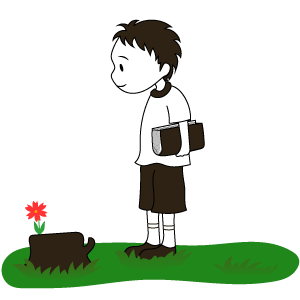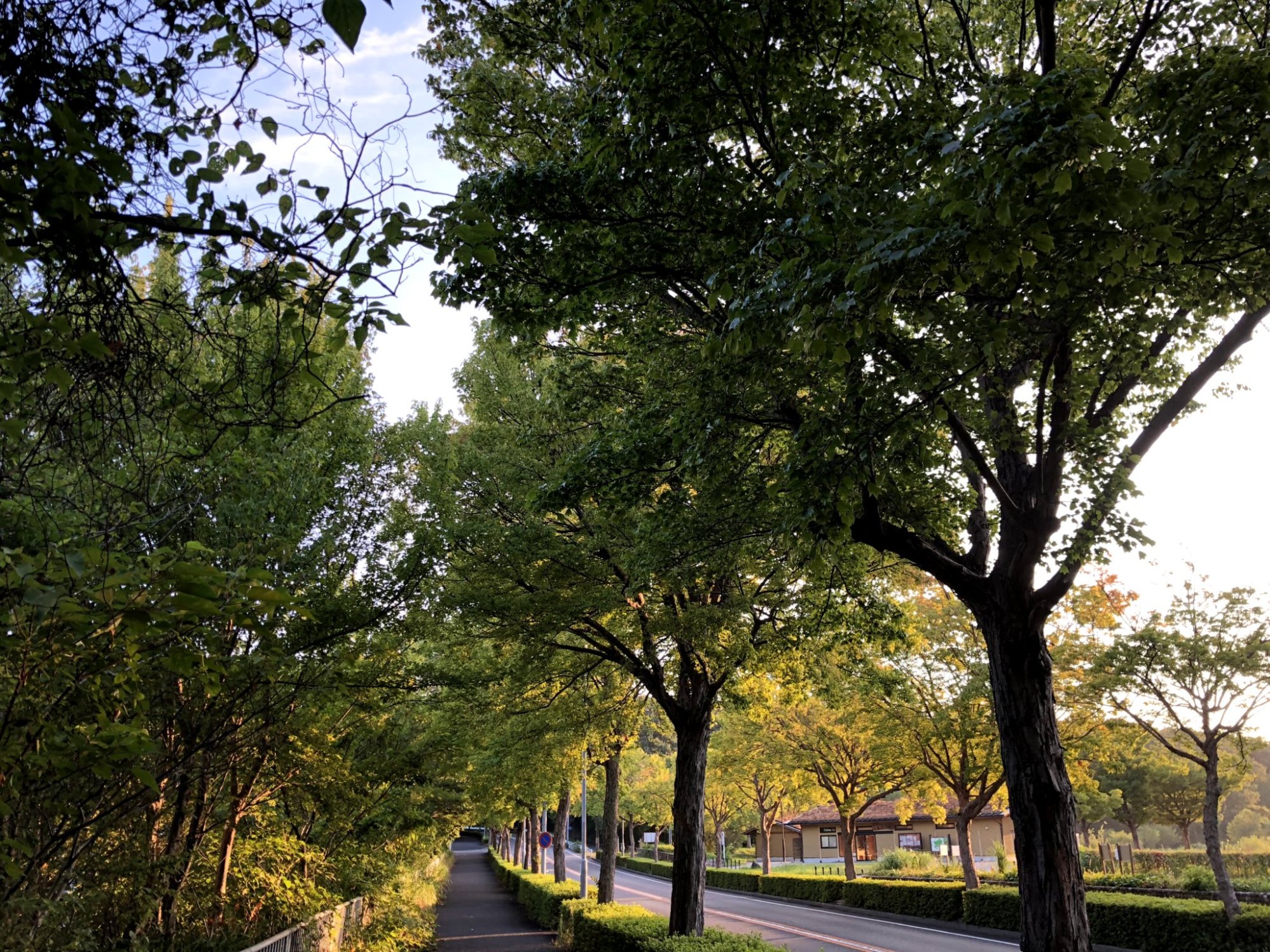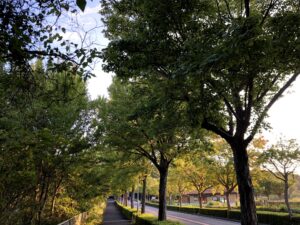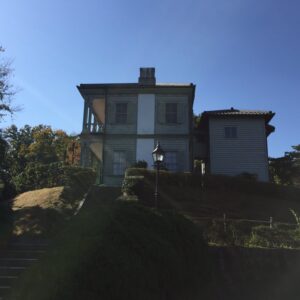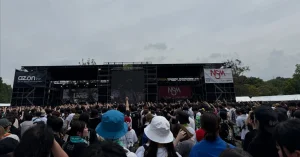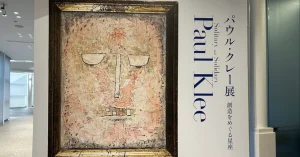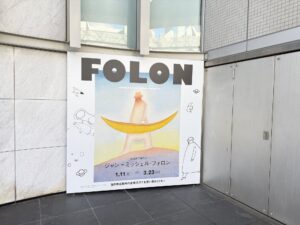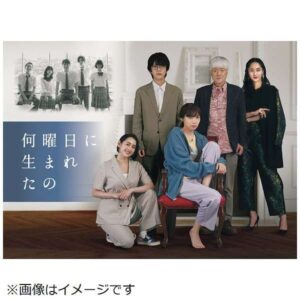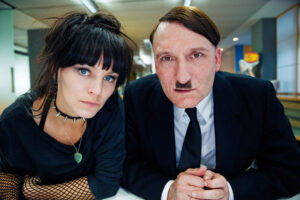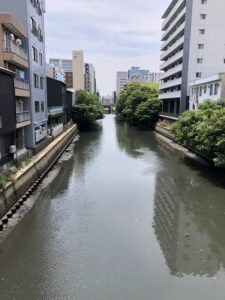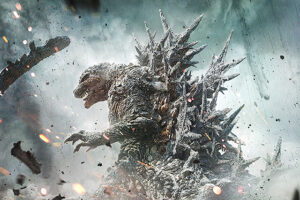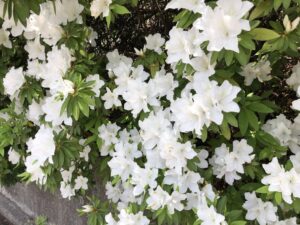There was a time when I would always ask people I met for the first time to name just five books or people who influenced their lives in any way. It could be a celebrity, a historical figure, a book character, a comic book, or anything else I could get them to choose.
I usually ask them to name five, because this gives me a vague picture of the person they are talking about. In my experience, three is not enough. Ten tends to be too much, so I think five is about right.
And since I have heard them, I naturally have to hear them back myself, and those five (the remaining four are for another time) have not changed much over the past decades.
One of them is a manga titled “BE FREE!
This was Tatsuya Egawa’s debut work and was a hot topic at the time (even as an erotic manga). The story is a school story set in a high school, in which a new math teacher (the author, Mr. Egawa, is also a former junior high school teacher in Nagoya) is assigned as a temporary teacher at a certain school for advancement, and gets into trouble.
The reason why this manga changed my life is that, at first, it was just a slapstick manga involving a maverick teacher, but eventually, the teacher solved common problems that occurred in schools, such as bullying and dropouts, which were social problems at the time, in an extraordinary way (similar, extraordinary (There is a similar school manga, “Dragon Cherry Blossom,” in which a teacher solves problems in a similar, outrageous way.) (There is a similar school manga, “Dragon Cherry Blossom,” in which a teacher solves problems in a similar, outrageous way.
It is not like “Kinpachi-sensei” who solves problems with conventional moral theories or life theories.
He sometimes clashed with the school board (the school side), and even if it went against his moral principles, he adopted a method that was close to the individuality of the students themselves. The surrounding teachers, students, and even the person who relies on the teacher are confused, but in the end, they come to accept and appreciate the teacher (as a real teacher).
The book contains a lot of criticism and antithesis against the school system, but as I was living in real time at the time, I could truly relate to the content of the book.
However, if this were all, it would have been a run-of-the-mill school story and would not have been nominated as one of the five books that changed my life.
Eventually, the main character, a teacher, becomes the homeroom teacher of a class of outcasts (each with hidden special skills) and uses this class as a springboard to change the entire school. He eventually becomes the principal (and eventually the prime minister) of the school, and he creates a truly free school with no school rules, no curriculum, and no timetable (and at the same time, no track record).
A middle-aged teacher, who used to be popular with the students when the school was a rigidly preparatory school, but was relegated to a corner because he did not fit in with the strict school culture, muses in his new, free school, “I am glad to be working in a school like this.
I am glad to work in a school like this.
For me, who was almost suffocated in what was then (and still is) called the “exam war,” this was exactly the kind of school I wanted to work at.
As I grew older, this was still my own view of school and education. Now I feel that this style of school that Mr. Egawa wanted to portray has also become a reality in some parts. One such example is the N High School experiment created by KADOKAWA, which produced its first Todai student.
If I were a junior high school student now, I would definitely enter such a free-style school (although there is the problem of tuition fees since it is a private school).
I am not a follower of Dwango or anything, but I think this style of school will become more and more common in the future. I am not a follower of Dwango or anything, but I think this style of school will become more and more common in the future.
However, I think that the negative effects of being locked in that stifling class environment, bound by incomprehensible school rules, and forced to study for decades that you don’t want to do are far more harmful.
In short, Tatsuya Egawa’s “BE FRREE!” may be an exaggeration, but for me it was a textbook that created my basic view of education, a book of prophecy, and a complete manga containing eroticism and entertainment in addition.
However, reading it now, I feel that it is a bit dated, and the ending, which is characteristic of Tatsuya Egawa’s manga (especially in the University of Tokyo stories), is a bit puzzling, so I cannot recommend it to everyone without hesitation. I think it is a manga that makes you think about education while having fun at the same time.
I am a fan of Tatsuya Egawa’s work and would like to read his new works again with such a tingling passion.
See you soon!
